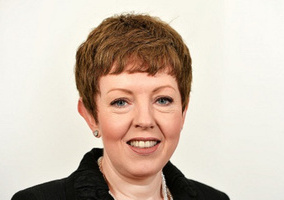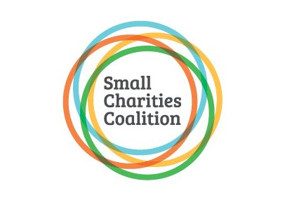Citizens UK has been “having a conversation” about whether registered charity status is the right model for the organisation, its chair said yesterday.
Kaneez Shaid was speaking at NCVO’s Trustee Conference, where she was asked whether the traditional governance model is suited to a charity trying to drive forward a movement.
Karl Wilding, chief executive of NCVO, said: “I come across lots of people working in charities that say that they want to turn their charity into a social movement. How realistic do you think that is, especially given the sort of governance arrangement that we have got in place in the sector?”
In response Shaid said: “We have been having a conversation about whether Citizens UK should stay as a charity.”
Shaid said that Citizens UK has been “exploring” other options, because the “red tape” that comes with charity status “is burdensome and is troubling us”. But she said the charity does not yet “have an answer to that.”
Governing a social movement
Shaid’s talk was about governing a social movement. She said Citizens UK is “not perfect” as there are “inherent risks and challenges” that come with “diverse movements tackling social injustices”.
But she said: “This is a people led movement. We also enable people who do not have a voice who are experiencing poverty and discrimination to become active leaders. All of our campaigns have at the heart of them someone who has the courage to speak out”.
She said that charities can still ensure delivery of charitable objectives “if you pass down decision making and powers to your members”.
This is achieved at Citizens UK because it governs “the movement by ensuring 1) the right structures are in place, 2) that the rules and boundaries are clear, and 3) that people are trained and practice desirable behaviours”.
She said: “If communication flows, trust comes with it”. So through a series of one to one’s, face-to-face meetings and active participation in local chapters, governance staff are “well aware of the issues” and can “mitigate some of the risks”.
An alternative governance model
Speaking earlier in the day, Philip Kirkpatrick, head of charities and social enterprise at Bates Wells, said that “trustees feel overburdened by regulation”, and that “in this environment we need new operating models”.
He added: “I think the reason trustees sometimes come up short is that they are often asked to perform a task that is too great in a manner that is too burdensome.”
He reiterated his proposal for an “assured unitary governance” model. This would recognise, he said, “that the people ‘having the general control and management of the administration of the charity’ are those who are actually running it - the senior staff, often with ‘director’ in their job title”.
He added: “Alongside those executive trustees, there would be a non-executive chair, normally recruited externally, and another non-executive ‘senior independent trustee’. These would be much more closely engaged in the work of the charity than most trustees, taking on the significant responsibilities and time commitment that society now expects. They would be like the chair and non-executive directors of a large commercial company. They could also be paid but of course need not be.
“Essentially, this would be a unitary board but one with more executives than non-executives on it,” he said.
In the model, “the thing that would give assurance and maintain the voluntary principle would be an entirely unpaid ‘assurance board’. The members of this board would actually be, or be incorporated within, the membership of the charity. They would not be trustees and would not have trustee responsibilities. Unlike charity trustees, they would not be the decision-makers.
“They would, however, have some serious powers that would enable them to give to the public the necessary assurance while stopping short of turning them into trustees.”
|
Related articles













